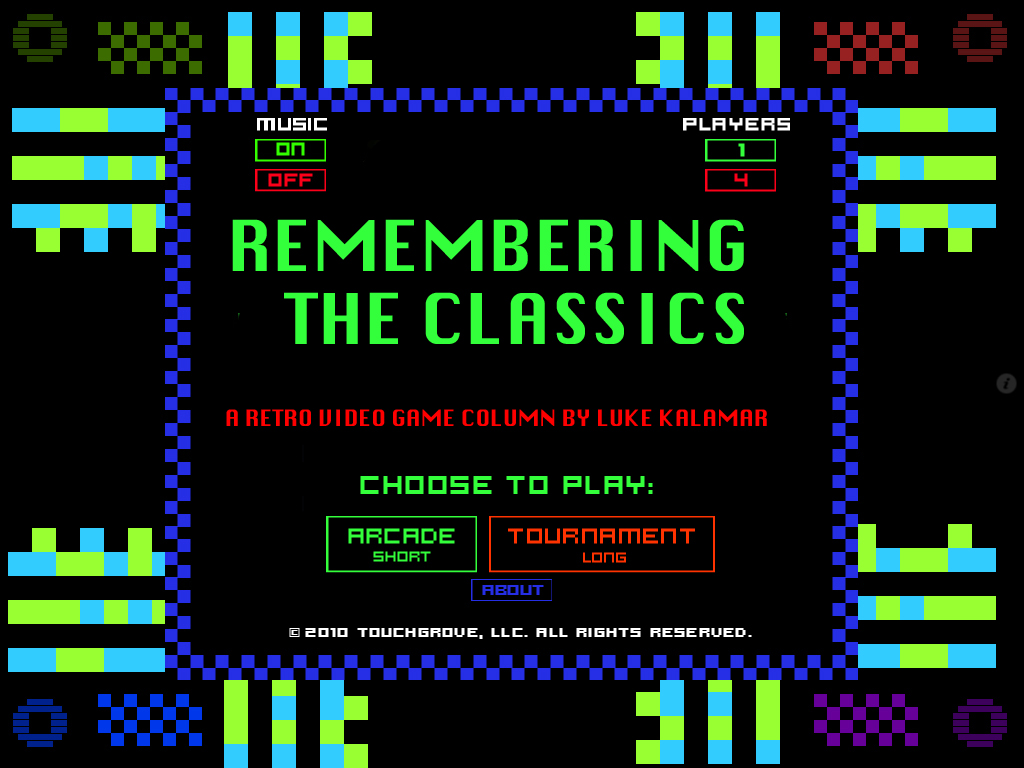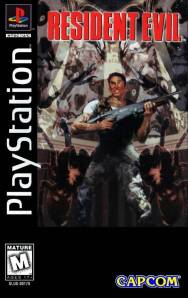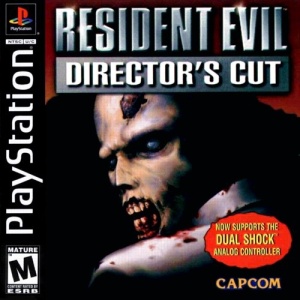luke kalamar walks with the dead …
When it comes to horror fiction, zombies have really hit a mainstream boom unlike anything these undead monsters have ever experienced. The idea of a “zombie” has been around for hundreds of years with the concept of a reanimated corpse dating back to when witchcraft was prevalent in certain cultures. These corpses were supposedly brought back through magical means as opposed to the many viruses and infections seen in their more modern depictions. The modern take on zombies started gaining heavy traction following George A. Romero’s Night of the Living Dead in 1968 and has since exploded into almost every medium. The word zombie gets thrown around a lot as well, and at times a person doesn’t even need to be an undead corpse to be a zombie. They just need to be an infected and cannibalistic human being.
If you’re a zombie fan like I am, there really isn’t a better time to be part of the genre. World War Z is the latest addition to the zombie craze, based on the hit Max Brooks novel of the same name. The amount of films that are based around zombies is immense at this point. It was only natural that zombies would find a place in video games as well with new titles coming out almost every year. The numbers really are staggering. Just like how Night of the Living Dead started the zombie film craze, the history of these zombie horror video games can be dated back to a singular point on March 22nd, 1996. This was when Capcom, at the time known for its wildly successful Street Fighter and Mega Man titles, decided they wanted to enter into the growing horror genre. Their entry was Resident Evil, and while Resident Evil isn’t the first game to revolve around zombies, it’s where everything started.
The timing of Resident Evil couldn’t have been better. The PlayStation had only come to North American shores a short six months earlier and it still needed some “Grade A” titles to assert dominance over the extremely popular Nintendo 64. Resident Evil quickly became one of those titles. The game follows the investigation by the Raccoon City Police Department’s Special Tactics and Rescue Service (S.T.A.R.S.) as they investigate cannibalistic murders occurring outside the city. The player starts the game by choosing which Alpha Team member they want to play as, series staples Chris Redfield or Jill Valentine, with both having their own specific strengths and weaknesses. Regardless of who you play as, the game starts off with the Alpha team getting attacked and the remaining four members hiding in a nearby mansion. Bravo Team is currently missing as well. Chris/Jill then set off to investigate the disappearance of Bravo Team, the source of the undead creatures, and what mysteries the mansion holds. Later on the player learns that there is a traitor in the group, which is subsequently revealed to be series nemesis Albert Wesker. The mansion itself and the surrounding grounds are filled with horrifying creatures, including zombies, giant spiders, and ravenous dogs. There are also traps and puzzles abound that the player must avoid and solve, or else succumb to death.
Resident Evil was a groundbreaking title for a couple reasons. First and foremost, it was the first game to actually be called “survival horror.” Like I said before, this game wasn’t the first to feature zombies, and it certainly wasn’t the first horror title. It was the first to perfectly blend the concept of surviving during a horrific event as opposed to going crazy and killing everything you see. This is largely because ammo is incredibly scarce during the game and trying to kill a zombie with a knife is very difficult. So not only do you have to make every shot count, but you also have to be ready to run away instead of killing those who mean you harm. It also helped that the game was incredibly scary as well, which sometimes distracted the player from the extremely poor voice acting and the heavy use of horror clichés. The idea of surviving and not rampant killing to solve the problem at hand has been used countless times since in video games, and many titles now proudly proclaim that they’re “survival horror.”
Another point of praise for Resident Evil was its use of puzzles to subvert the player in their journey through this horror narrative. There are times where this game is about trying to defeat a big, mutant boss or where you have to fight off a horde of demonic creatures. Then there are times where the player is trapped in a room and they most solve a puzzle to move forward. Puzzles are such a huge part of the story in that they can not only allow the player to discover new items, but they also provide clues as to what is really going on with the mansion. Some of the puzzles are connected to dangerous traps as well and one false move can lead to immediate death. The puzzles really allowed Resident Evil to stand out as it provided much more depth to a game that would otherwise only be about surviving monsters in a mansion. They challenged the player in newer and more difficult ways which kept them engaged in what was happening on their screen. It’s very possible that without these various puzzles Resident Evil wouldn’t have been as important to the video game industry as it is today.
Resident Evil was also one of the first games ever to receive a mature rating from the Entertainment Software Ratings Board (ESRB). Mortal Kombat was the first game to actually receive an “M” (Mature) Rating and Resident Evil was that rare title that was daring enough to continue the trend. The ESRB came to be following the graphically violent Mortal Kombat and games with a big “M” on the front have become a source of criticism for those who believe that games cause violence. Back then it was a bit risky to make a game rated “M” as there was no guarantee that it could lead to strong sales (Rated “E” for Everyone or “T” for Teen games had a better chance of reaching a wider audience), but now it seems that the really popular and award winning games are those Rated “M.” Resident Evil got the “Mature” rating because of its extremely violent nature, disturbing imagery, and strong use of foul language. Since this was very early in the 3D version of games, Resident Evil showcased exactly what a game not restricted to a 2D plane can do to both disturb the viewer and allow it to stand out. The game was itself a risky move at the time but it ended up yielding immense success for Capcom.
I was sort of a late bloomer when it came to the Resident Evil series. I was very young when Resident Evil first hit the shelves, so not only was I too young to even play the game but it was too scary for me to even watch. The whole idea of a zombie scared me and I wanted nothing to do with it. Clearly I changed significantly as I grew older as I am now a huge fan of the series. I dabbled with Resident Evil 0 on the Nintendo GameCube for a little bit, but it wasn’t until Resident Evil 4 that I really became hooked. My late appreciation for the title lead me to go back and play Resident Evil (the Director’s Cut version) a few years later. I was already very similar with the series story at this point so the big reveal of Wesker as the traitor was hardly shocking for me but it didn’t stop me from enjoying this classic. The distinct lack of focus on the action aspect of this game caught me off guard as the later titles became less scary and more action packed, but that meant I was experiencing Resident Evil in its true form. It’s a game that definitely still holds up today, many years later.
It’s amazing how much the zombie genre has grown over the years. Resident Evil especially has become its own multi-billion dollar franchise with live-action and animated films, books, and action figures. There are now currently six main title games and even more spin-off titles spanning almost all major consoles since the first PlayStation. The series has progressively moved away from its survival horror roots and has since become much more focused on being an action-adventure series, but that hasn’t stopped people from recognizing this series as being hugely influential. No true zombie fan can go without playing the first Resident Evil at least once. It’s a timeless title, even if you play it to laugh at how goofy it really can be at times.





Comments are closed.